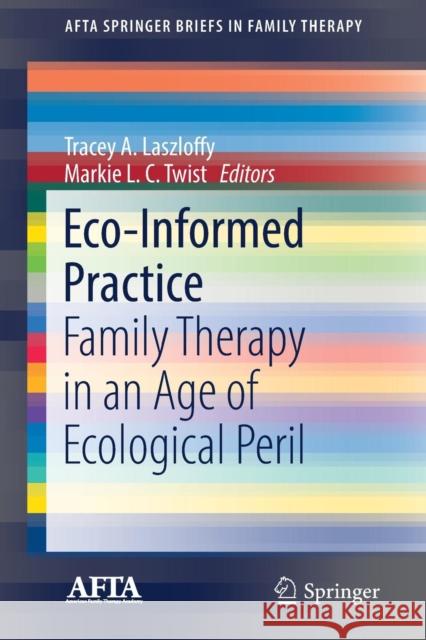Eco-Informed Practice: Family Therapy in an Age of Ecological Peril » książka
topmenu
Eco-Informed Practice: Family Therapy in an Age of Ecological Peril
ISBN-13: 9783030149536 / Angielski / Miękka / 2019 / 126 str.
Kategorie:
Kategorie BISAC:
Wydawca:
Springer
Seria wydawnicza:
Język:
Angielski
ISBN-13:
9783030149536
Rok wydania:
2019
Wydanie:
2019
Ilość stron:
126
Waga:
0.22 kg
Wymiary:
23.39 x 15.6 x 0.81
Oprawa:
Miękka
Wolumenów:
01
Dodatkowe informacje:
Wydanie ilustrowane











